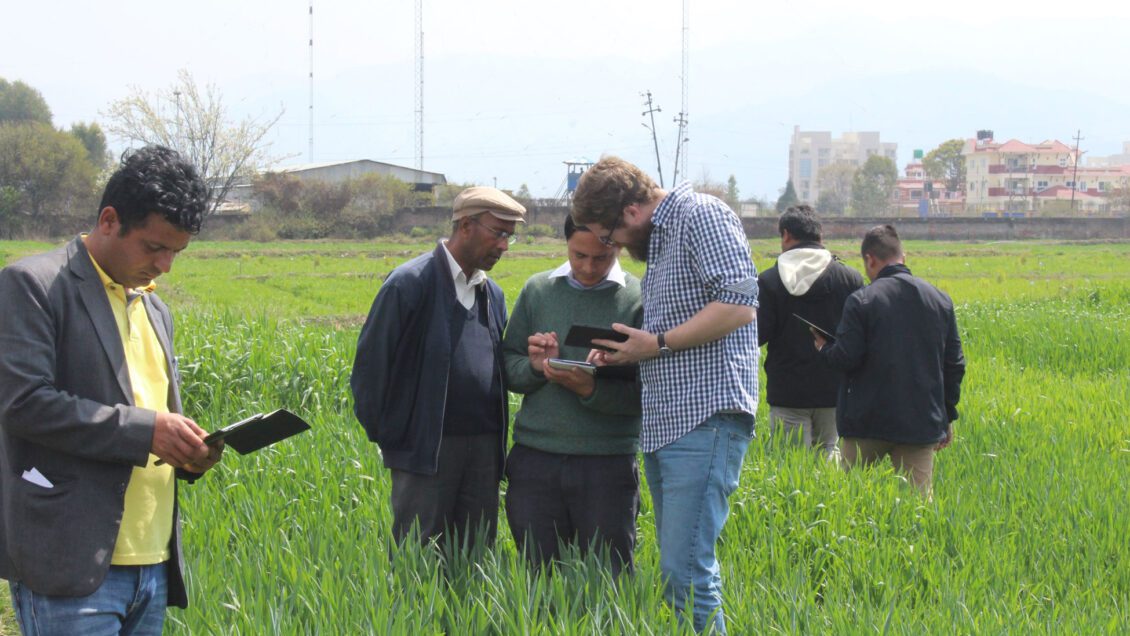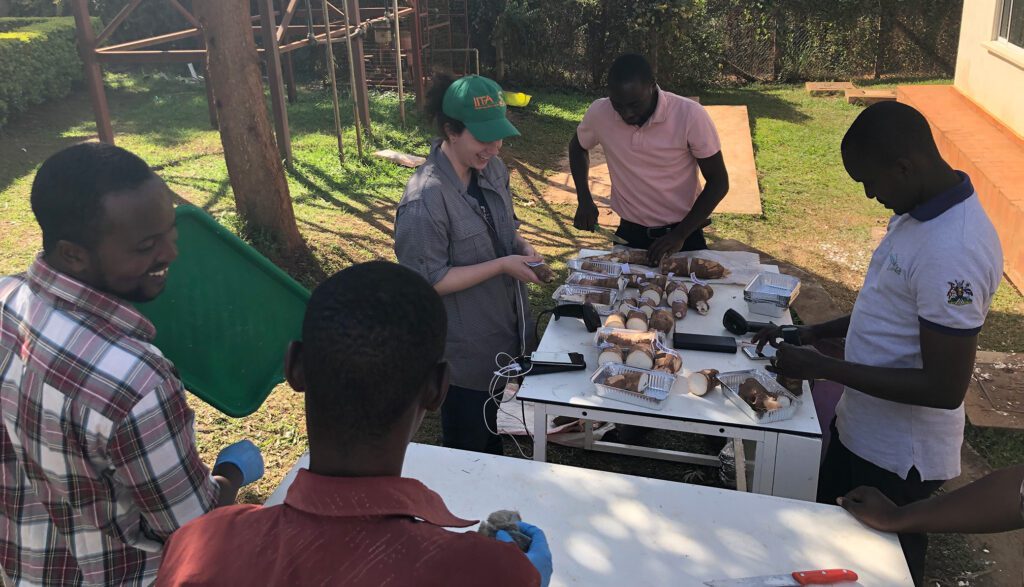
This strategy will be versatile to support programs with very different needs to address climate-related challenges in cereal crop agriculture.
Richard Boyles, Clemson plant breeder and geneticist
Hunger affects millions of people worldwide and Clemson University scientists are working with global partners to help at-risk populations.
This collaboration focuses on developing climate-resilient cereal crops – sorghum, millet, wheat and rice – funded by a $22 million grant from the United States Agency for International Development (USAID).
Clemson research will take place at the Pee Dee Research and Education Center near Florence, South Carolina, as part of the Feed the Future Climate Resilient Cereals Innovation Lab (CRCIL) headquartered at Kansas State University.

“CRCIL was conceived to be integrated with the Innovation Lab for Crop Improvement,” said Stephen Kresovich, director of Clemson’s Advanced Plant Technology Program. “Our strategy is to develop a synergy between the two programs so that innovative genetic tools, technologies and methods can be shared and enhanced.
“This coordination will allow us to create a foundation for future programs with USAID that build on the unique capabilities, environments and infrastructure at Clemson that will be important for developing climate-resilient, nutritious cereals.”

More than 50% of the world’s caloric intake comes from cereals.
Richard Boyles, Clemson plant breeder and geneticist, will work with project partners to set specific crop improvement goals and a plan to meet these goals.
“This strategy will be versatile to support programs with very different needs to address climate-related challenges in cereal crop agriculture,” Boyles said.
Jenna Hershberger, Clemson vegetable breeding and genetics, and Trevor Rife, Clemson plant phenomics and crop improvement, will develop low-cost methods for accurate data analysis, spectroscopy (absorption and emission of light) and trait selection.

“Plant breeders are unable to make measurable progress without access to robust tools for data collection,” Rife said. “I will train breeders how to integrate new technology into their existing workflows while laying a foundation to support adoption of the next generation of tools, technologies and methods for crop improvement.”
Hershberger said this collaboration offers opportunities to help people across the globe grow food to feed their families.
“This is an enormous project that brings together researchers from dozens of institutions in an effort to promote the development of improved cultivars,” Hershberger said.

Climate is just one crisis affecting food security. Jagger Harvey, CRCIL lab director, said conflicts and geopolitical instability are further eroding global food security by reducing the availability of cereals to developing countries.
“CRCIL unleashes the strength of the United States’ land-grant university system and our global partner network to better climate-proof cereal germplasm, bolstering future food and nutritional security,” Harvey said. “Thanks to USAID’s generous support, we have assembled a top-tier, diverse consortium of scientists to collaborate with front-line cereal improvement experts leading efforts in partner countries.”
People across the globe go hungry every day. In The State of Food Security and Nutrition in the World 2023, the United Nations Food and Agriculture Organization reports about 735 million people worldwide faced hunger in 2022.
Click to read more.

-END-
In addition to Clemson and Kansas State, other CRCIL partners are Cornell University, Delaware State University, Louisiana State University, the University of Florida and international partners in South Asia, Eastern and Western Africa and Latin America. Additional support provided by RTI International, the African Women in Agricultural Research for Development program and Seeds2B.
Get in touch and we will connect you with the author or another expert.
Or email us at news@clemson.edu
